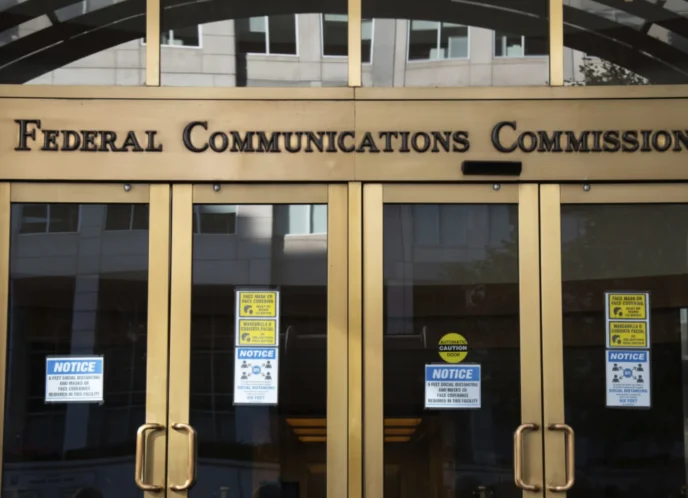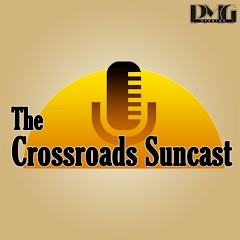Guest Blog by Bryan Mercer. Originally posted at Media Mobilizing Project.
The Internet as a Universal Service, the Conservative and Corporate Backlash, and the Struggle Over How We Communicate.
For the past month the most important telecommunications platform of our time, the Internet, has gone without any form of regulation or government oversight.
This situation didn't cause some downward spiral collapsing email and leading to tolls for visiting pages across the web – thank goodness.
But, after the ruling in the Comcast Bit Torrent case an opening was presented for Broadband Internet Service Providers (ISPs) to brush off government authority. The U.S. Circuit Court of Appeals for D.C. ruled that the Federal Communications Commission (FCC) doesn't have the authority to impose regulation on ISPs. If this situation sticks ISPs have clearly stated what they intend to do – charge whatever they like for any content they like, while limiting traffic for those who don't pay high premiums.
Last week a "third way" was presented by the FCC. Instead of being stuck in the situation of applying rules that won't hold or letting ISPs act against consumer interest the FCC is looking to reclassify the internet. Essentially, they are saying that the internet is not simply an information service that is a privilege to access, but a telecommunications service in which it is a necessity to ensure access is fair, affordable, and universal.
Conservative pundits would like to tell us that such a move is a government take over of the Internet. ISPs like Comcast, Verizon, and AT&T won't be able to provide service as they will be bogged down by heavy federal taxes. The government will monitor what you email and post on Facebook or your blog, track what you read and take away your freedom of speech. This rhetoric may sound exaggerated at best, and it is, but these are the remarks coming from those like Glenn Beck. Just listen to this clip.
What is truly worrisome is these statements are also coming from the telecom industry's most profitable companies.
"If the FCC follows through with the [FCC] chairman's stated intent, it will have a direct impact on jobs and investment in one of the areas of the U.S. economy that many hoped could help lead the recovery." This comes from a statement by AT&T's Jim Cicconi. What Jim and Glenn would like you to believe is that the FCC's move to define the Internet for what it is, a telecommunications necessity, will eat away at jobs in the economy and citizens' rights.
They are wrong.
And fear is the telecommunications industry's biggest tactic to keep its strangle hold on the development of the most important technology of our times.
What would defining the Internet as a necessity actually do? First it would ensure something called net neutrality, a principle that has existed on the internet since its beginnings. Net Neutrality, or better understood as Internet Freedom, means that if you post something to the Internet in one place when someone comes along somewhere else on the Internet they can get to it. Sounds simple enough, but this principle and all the implications wrapped around it are under threat because ISPs have the technology to look through every single bit of information traveling over their lines. If an ISP thinks what you are doing should cost more, like downloading a video or hosting your own online business, they can leverage an extra fee or worse block it all together. Some can pay the premiums that ISPs argue will let them further build out their networks, but if you're poor or a start-up business tough luck. Tiering traffic, the practice that ISPs would like to replace the Internet Freedom we have known, will create gated fences across the web.
The other major affect of the FCC's move is it will allow a whole host of plans the FCC recently proposed in the National Broadband Plan. Not everything in the plan is perfect (Read Steven Renderos, Media Justice Organizer on the Good, Bad, and Ugly of the plan), but the plan has some key points that will make sure communities without access get connected and the Internet is more affordable, secure, and reliable for all. Lets just take one point of the National Broadband Plan for an example – reforming the Universal Service Fund into the Connect America Fund. This could mean that by the year 2020 99% of Americans would be connected to the Internet. The plan is to accomplish this through moving money that currently ensures telephone service to subsidize networks of all types. Without reclassifying the Internet and defining it as a universally necessary service there is no Connect America fund. In short, no way to guarantee access.
And this gets us back to the statement from AT&T. Their concern is not the economic recovery for the rest of us, but their bottom-line. By calling the shots companies like AT&T are looking to control where their profits go, not creating jobs. Their vision for the internet is making a lot more money from customers who can afford it and having no one, especially a tax payer supported program, tell them to build out in rural communities or underserved urban areas.
The lines have been clearly drawn in the battle. Our side – the movement for media justice – just scored the first major victory with the FCC's decision last week. Its a victory that was only possible through the work of millions who wrote letters, blogged, and video recorded their vision for a free, open, and universal Internet. We must remember however it's only a first victory and will be short lived if the ISPs like AT&T, Comcast and Verizon have anything to say about it. In the coming months we must, and will continue to be outspoken, creative, and principled in a struggle that will define how our society communicates.



